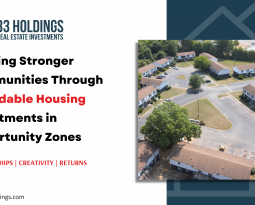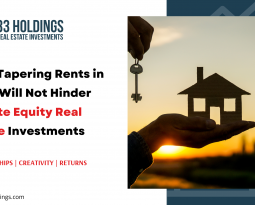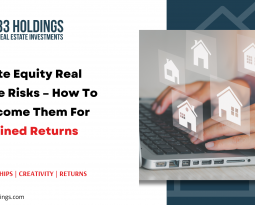Liquidity is one of the most important ways to measure how well financial markets are doing. It simply means how easy it is to buy or sell assets, and when liquidity is in shortfall, it can cause trouble.
After close to a decade of rallying around plenty of cash and relative calm on the markets, the Federal Reserve has been raising interest rates over the last few quarters to keep inflation in check. This has made the markets more volatile.
The current economic climate and events, combined with inflation data and economic slowdown data showed how sudden price changes, forced selling, and deleveraging can cause chaos in asset markets even for institutional investors, which could threaten the stability and functioning of the market.
Spillovers from disorderly asset markets could also make it more expensive for governments and businesses to borrow money, and opportunities for institutional investors, which would make the financial situation worse.
Now that all the negative news above rationale our fears, let’s investigate the flip side of the ongoing challenges. The popular quote in the investor’s world, from Warren Buffet, “fearful when others are greedy, and greedy when others are fearful”, is what can make institutional investors work on wealth generation.
Unlike most stock, bond, and ETF trades, most real estate deals are private. Investors are kept up to date on prices and other important information about the market through public markets.
Private markets, on the other hand, only share information with people who “need to know” it. So, buyers in private real estate markets must do their research on the market, get in touch with real estate professionals like realtors and brokers, check out the property in person, and do a lot of other things that are called “due diligence.”
All these things make the time it takes for retailers to decision making, whereas institutional investors chalk adding up to a real-estate portfolio at every possible opportunity. Predominantly, smaller companies are less liquid than larger ones. This is because they have fewer customers, and their founders have a bigger stake in them.
Contrary to what most people think, strategic institutional investments see lower liquidity as a key part of the investment opportunity in smaller companies, for wealth generation.
This gives investors an opportunity to delve into assets and generate passive income as well as increase the size of their corpus if they are willing to look for high-quality investment opportunities. It becomes particularly pragmatic when there are assets being traded at a big discount to their true fair value.
Such instances of big discounts to their fair values are higher in the case of real-estate investments, especially private equity real estate. Even a small percentage of a dip in the real-estate prices or demand can be seen as a potential buy-zone for investments.
At 33 Holdings, our trio of asset management, property management and vertical integration capabilities gives us a unique advantage in curating an asset acquisition strategy which tends to provide a ROI which is sustained, long term and risk free for investors.
For institutional investors looking to make a foray into private equity real estate or envisaging a larger chunk of their corpus being invested in private equity real estate, 33 Holdings has the right blend of investment acumen and tactical agility to curate investment strategies to further the cause of institutional investments.
Reach out to the 33 Holdings Investment Relations team for more information on sustainable investment options within private equity real estate investments, for generating passive income, and long-term wealth generation.





